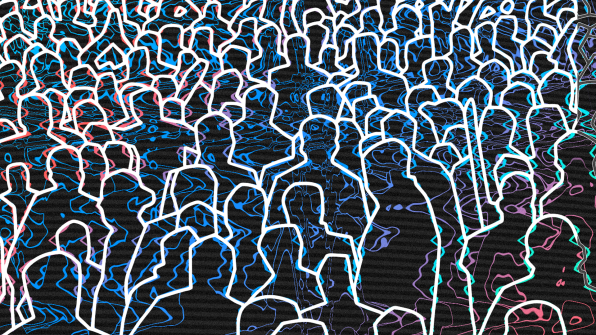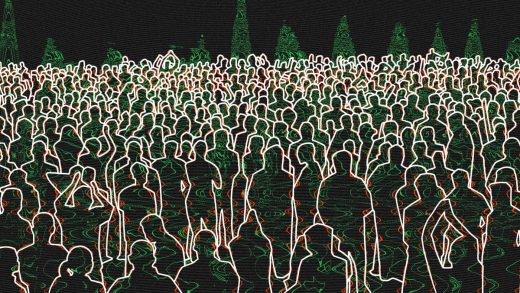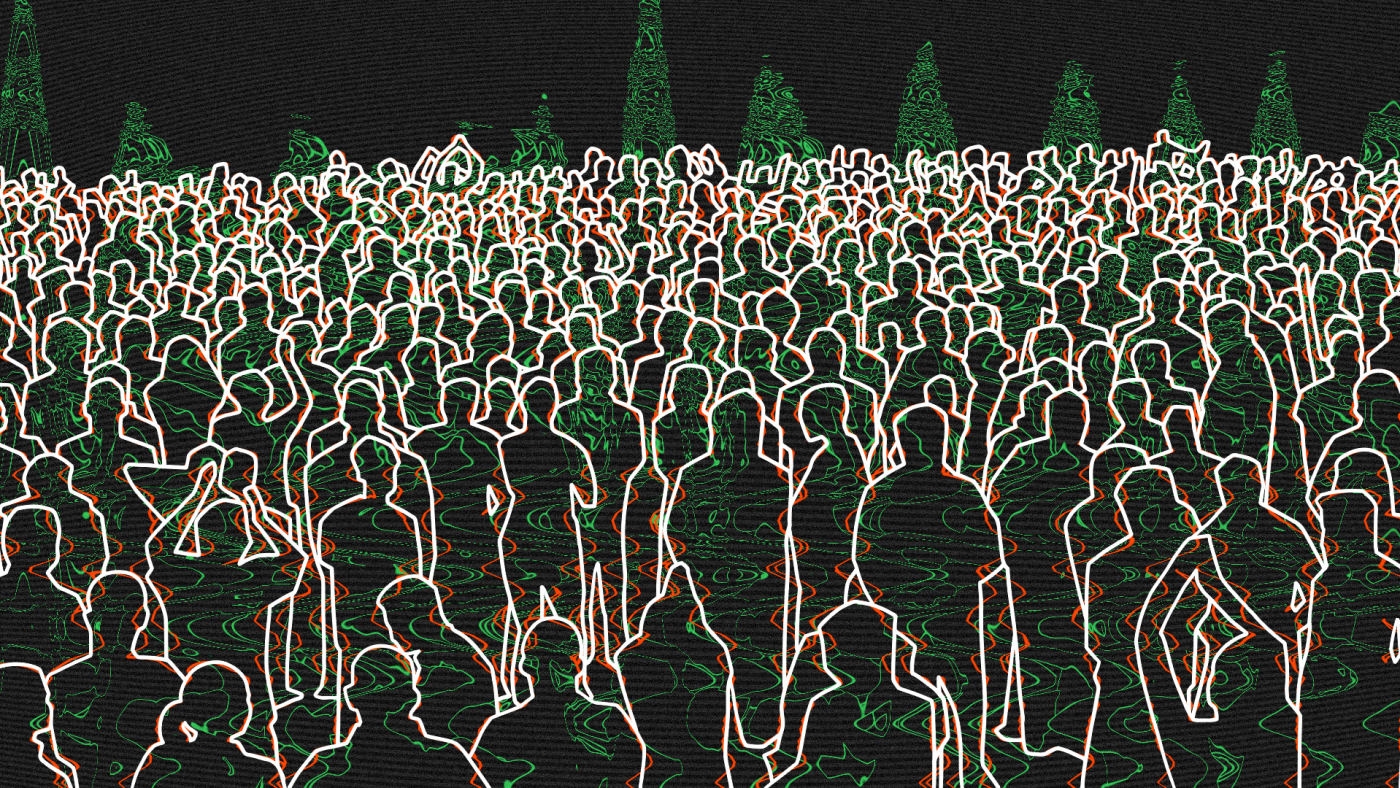Machines might take jobs–they can also help train us for new ones
Nearly half of all jobs that exist today could become automated over the next several years. Even workers in roles that robots will not be able to master will likely see their jobs change as smart technology firmly integrates into the workplace. Nobody can predict exactly how intelligent machines will change the world of work for humans–or how people’s jobs will evolve based on the introduction of automated counterparts. Many questions remain, but one thing is clear: The future of work will be different–and workforces will need to learn different skills to embrace a shared future with technology.
Meanwhile, there’s an urgent need for organizations around the world to devise systems for reskilling workers and matching them to new careers. The challenge is a difficult and pressing one, which involves parsing massive amounts of data and integrating a complex set of variables. Actually, it’s exactly the kind of human problem AI was built to solve.

Deploying AI to address problems created by automation seems counterintuitive. But the scale of the challenge we are facing demands an unconventional approach. Nobody yet knows if productivity gains from automation will create more jobs than it destroys–which has happened during previous technological shifts. But it’s becoming clear in-demand skills will change profoundly whatever happens. On top of that, Pew Research recently found that 72% of Americans are concerned about machines taking over human tasks in the workplace.
Burning Glass, a provider of job market data, has identified an uptick in postings for “hybrid” jobs, such as marketing analysts, that require digital skills as well as sector expertise. The analysis points out that few university courses teach both skills sets as a package, leaving the pathway into these roles unclear for many young people. Their findings also show that only a handful of the industry certification courses really improve employment prospects.
The coming wave of automation is often painted as a zero-sum game. As the robots rise, so human workers get squeezed out. But the reality is more nuanced.

For a start, the inverse relationship between technology adoption and human jobs is less robust than many people think. Take the ATM, a certain job killer for bank staff when it was introduced. However, Boston University economist James Bessen’s research found that the number of bank tellers actually increased after the ATM was brought into the mainstream. The reason: It lowered the costs of running a branch, so banks opened more and hired more people to staff them.
Taking a step back, the deployment of robotics and AI systems into workplaces shifts the skills demanded by the job market. It’s rare for automation to completely eliminate an occupation. Usually it takes over routine parts of a job, leaving humans to spend more time on the creative or relationship-focused elements. For instance, bank tellers now handle fewer cash withdrawals or deposits, but instead need soft skills to build customer loyalty and help them with their broader financial needs.
Automation has many positive effects. Today, automated platforms driven by AI can save lives by detecting minute signs of cancer on medical images. In the future, they could help us better understand climate change or guard against cybercrime. AI and bots can also take on many repetitive tasks, potentially making work a more rewarding experience for humans. But these solutions will lose public support unless effective ways to mitigate their disruptive effects and educate people about their transformative value are found.
The impact of automation on jobs will differ from industry to industry–and potentially from company to company. That’s why a uniform response to career transitions in the face of automation will likely come up short. I believe the best results will come from providing a personalized strategy for each person going through retraining to help human workforces future-proof their careers.
Indeed, a massive amount of workers around the world will need to be retrained. The efforts to prepare people for an automated future will transcend industries and geographies, not only to cope with automation, but also the digitization of the global economy. By helping workers make the transition on a case-by-case basis, companies that deliver automated solutions and hybrid platforms can play starring roles in helping people remain relevant–and crucial–to the workplaces of the future.
Joe Greenwood is lead executive for data at MaRS Discovery District, a Toronto-based innovation hub.
(40)



